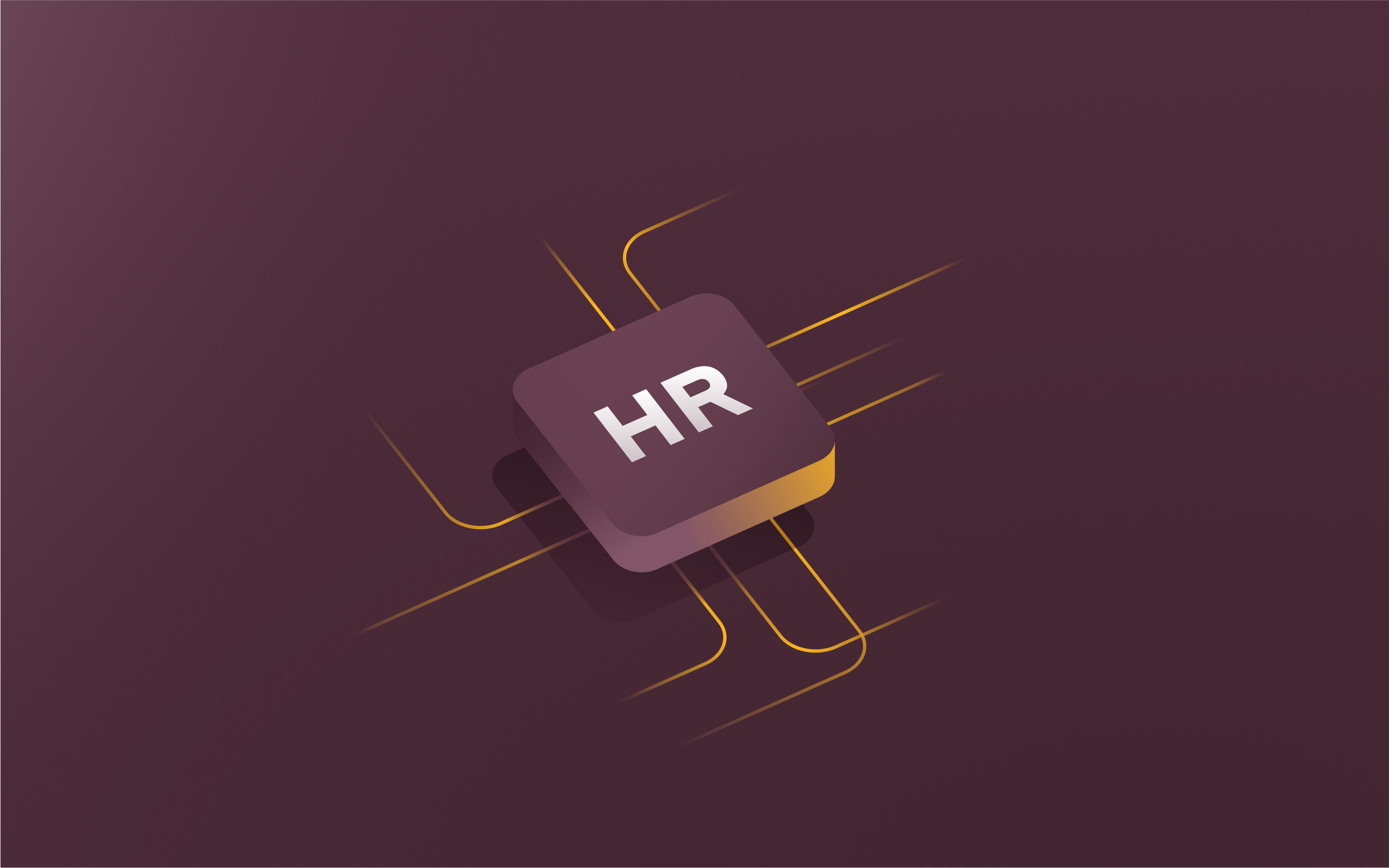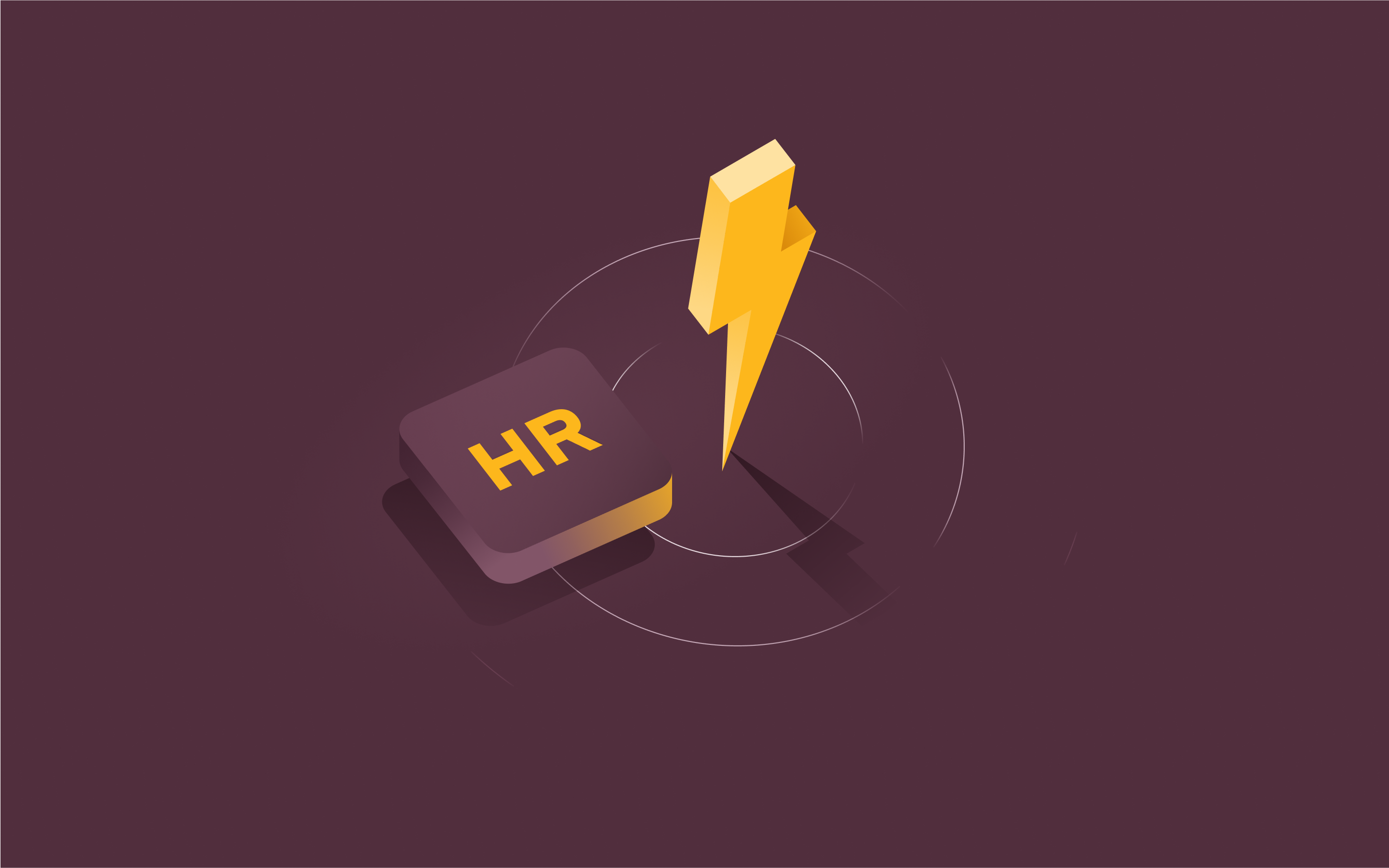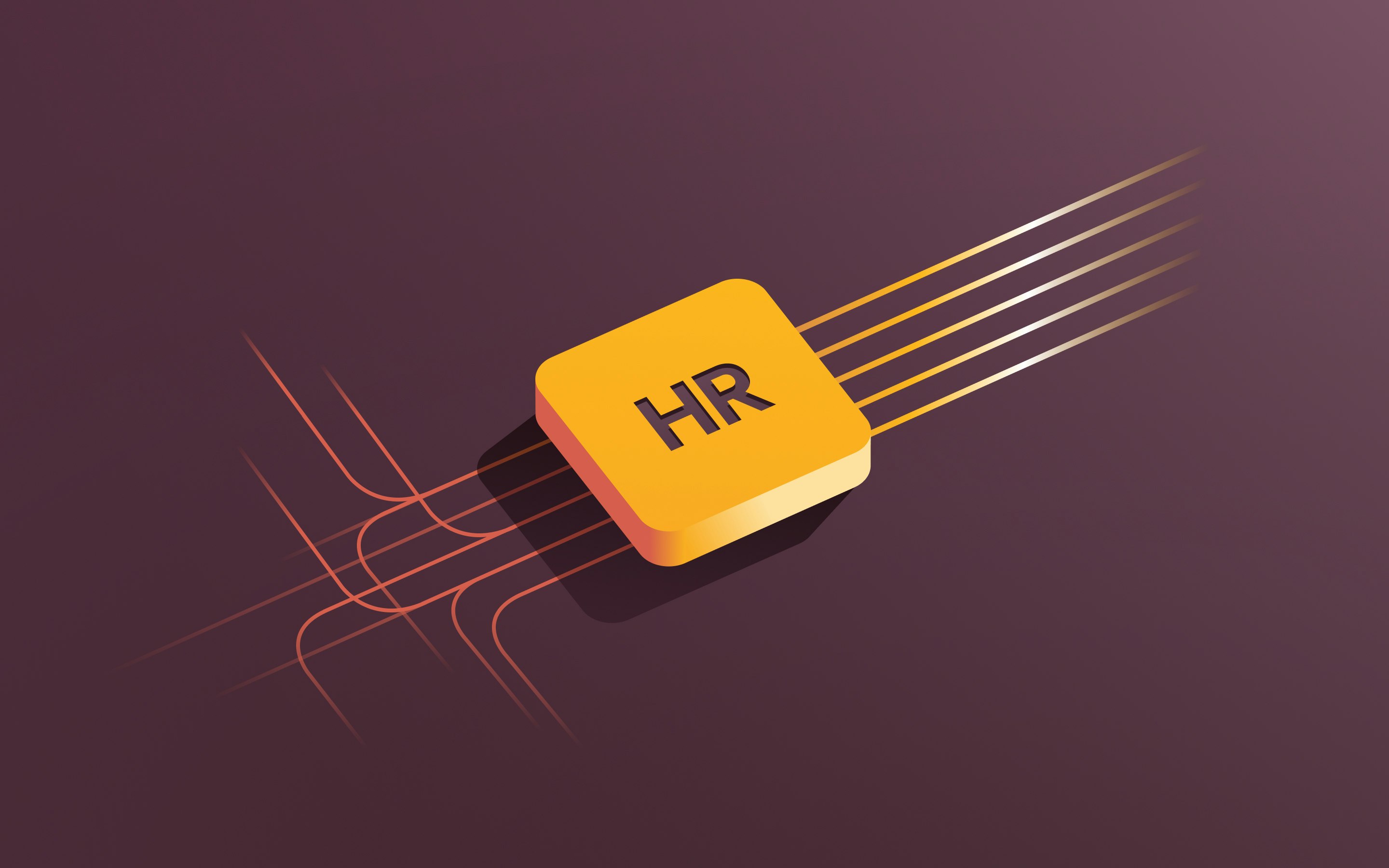Dayforce vs. Workday: HR and payroll comparison in 2025
Choosing the right HR software can make or break how efficiently your organization handles everything from payroll to compliance. This article is a deep dive into two well-known platforms—Ceridian Dayforce and Workday—to help HR managers and executives compare features and make an informed decision.
Below, we’ll explore payroll, benefits administration, workforce management, talent management, and other core HR features offered by Ceridian Dayforce and Workday for organizations ranging from small businesses to large enterprises. By the end, you’ll have a clear comparison of both platforms and know which suits your human resources needs best.
What is Ceridian Dayforce?
Before we jump into the comparison, let’s answer a common question: What is Dayforce?
Ceridian Dayforce is a cloud-based HR and payroll solution, formerly known as Ceridian HCM. Many vendors in the HRIS market offer solutions for employee data, time and attendance, and onboarding. Ceridian Dayforce is known for its robust workforce management tools and compliance features, mainly aimed at large enterprises.
When Ceridian HCM became Ceridian Dayforce, it kept many of its existing HCM features while developing new ones, like Dayforce Wallet. As a result, Dayforce is a well-known HRIS vendor and payroll processing platform, used by many businesses across industries. Whether you’re focusing on employee management, performance management, or time tracking, Ceridian Dayforce aims to simplify the processes with its software solutions.
Core services offered by Ceridian Dayforce include:
- Workforce management, including employee scheduling, time tracking, and attendance features.
- Payroll management, including payroll processing and tax filing.
- Talent acquisition, including recruiting tools to help you manage hiring workflows from application to onboarding.
- Employee self-service tools for managing personal info, time-off requests, and more.
- Compensation management, including tools to handle salary structures, variable pay, and pay raises.
What is Workday?
Now, you might be asking, is Workday an HRIS system? Absolutely—it’s a well-known HRIS platform used by many types of businesses. Workday is especially well-known for its Workday HCM suite, a cloud-driven solution offering HR and payroll tools, plus robust analytics for employee data. While Ceridian HCM focuses heavily on workforce management, Workday brings advanced financial management features, making it a broader choice for enterprise organizations looking for HR software platforms.
Workday HCM provides human resources, talent management, compensation management, and other core HR functionalities. Moreover, Workday offers compliance and real-time analytics, giving HR managers powerful insights into employee metrics, time and attendance, and even forecasting for hiring needs.
Core services offered by Workday include:
- Workday HCM, a suite covering core HR, recruiting, and talent management under one umbrella.
- Financial management features like integrated accounting, budgeting, and audit tools.
- Payroll management, including payroll processing with compliance checks, available in multiple countries.
- Performance management, including tools for goal-setting, continuous feedback, and appraisal cycles.
- Employee self-service tools for routine HR tasks (for employees and managers).
Dayforce vs. Workday: comparison overview
Below is a quick comparison table to help you see how Ceridian Dayforce and Workday stack up on HR features.
Feature
Ceridian Dayforce
Workday
Payroll management
- Streamlines payroll with real-time calculations and on-demand pay via Dayforce wallet
- Offers multi-country payroll processing for global enterprises
- Offers strong payroll management with real-time data updates and built-in compliance checks
- Workday HCM suite offers holistic overview of employee pay and taxes
Benefits administration
- Provides a unified view of employee benefits, making benefits administration easy to track and optimize
- Supports automated benefits administration workflows
- Uses advanced analytics to project costs and trends
- Supports multiple plan types
Degree of control
- Covers basic finance features, but Ceridian Dayforce’s main strength lies in workforce management and payroll rather than deeper accounting functionalities
- Dedicated financial management module that includes budgeting, forecasting, and comprehensive analytics for better employee cost oversight
Financial management
- Extensive time tracking, attendance, and scheduling
- Workday HCM offers scheduling and time tracking capabilities
- Not as robust as Dayforce for shift-based organizations
Compliance and security
- Built-in compliance alerts and protocols, especially for payroll and time and attendance
- Robust data encryption, compliance checks, and role-based security embedded within Workday HCM to protect employee data and maintain regulatory standards
Analytics
- Real-time analytics for payroll, scheduling, and hiring
- Can be extended through additional platform add-ons from Ceridian HCM
- Workday HCM offers strong analytics, allowing deeper insights into employee lifecycles and organizational health
User Interface and ease of use
- UI focuses on streamlined HR workflows with wide-ranging functionalities
- Modern look, but can be complex with a learning curve
- Design is consistent across the cloud environment, ensuring ease once you understand the fundamentals of Workday HCM
Dayforce vs. Workday: Key features
Although both Ceridian Dayforce and Workday are full-scale platforms, they each have unique ways of handling HR tasks. Let’s look at some key features they share, plus how they differ in functionality.
1. Workforce management
- Ceridian Dayforce: Has a notable focus on workforce management, especially scheduling, time and attendance, and compliance with labor laws. Ceridian HCM built Ceridian Dayforce to simplify how employees log hours, track overtime, and manage shifts.
- Workday: Part of Workday HCM includes scheduling, time tracking, and attendance monitoring. While strong, it may be more suitable for large corporate enterprises than for shift-focused industries.
2. Payroll automation
- Ceridian Dayforce: Real-time payroll processing is a highlight. Ceridian Dayforce combines scheduling data with payroll calculations, minimizing manual input. Dayforce wallet can offer on-demand pay for employees.
- Workday: Integrating Workday HCM with Workday’s payroll module delivers automated pay runs, tax calculations, and compliance updates. If you also use Workday’s financial management tool, the integration across finance modules can be an advantage.
3. Financial management
- Ceridian Dayforce: Has some financial management capabilities but mostly focuses on employee management. Ceridian HCM does not provide the same kinds of extensive accounting features that Workday offers.
- Workday: Excels in financial management, thanks to integrated modules covering billing, revenue, and analytics. This synergy makes Workday a common consideration for enterprises looking to unify their HR and financial management.
4. Compliance and security
- Ceridian Dayforce: Built-in compliance checks for payroll, labor laws, and record-keeping. Ceridian HCM invests heavily in secure cloud infrastructure to better protect data.
- Workday: Workday HCM includes compliance monitoring for taxation, audits, and employee data protection. Compliance alerts help ensure enterprises can address lapses promptly.
Workday vs. Dayforce: Customer support
When it comes to customer support, both Ceridian HCM and Workday provide multiple touchpoints to assist employees, HR managers, and system administrators.
Dayforce
- Dayforce Community: A place where employees and HR teams can share tips.
- 24/7 global support: Quick solutions to everyday issues with Ceridian Dayforce usage.
Workday
- Assigned customer success manager: Larger enterprises often get a dedicated contact for any Workday concerns.
- 24/5 availability (24/7 for serious problems): Direct line for urgent help, especially regarding Workday HCM configurations.
- Workday Community: Crowdsource answers to common queries from peers who also use Workday.
Dayforce vs. Workday: User experience
- Ceridian Dayforce: The UI focuses on HR workflows, workforce management, and employee self-service tasks. New users may find the breadth of functionalities intimidating, but once mastered, its ease in scheduling, payroll, and compliance tasks is a plus.
- Workday: Has a modern, cloud-based architecture with consistent design across Workday HCM, finance, and performance management modules. May be overly complex for some, but the advanced analytics and multi-module UI are aimed at large enterprises with complex HR needs.
Why Rippling is better than Dayforce and Workday
There’s only one HCM software that’s a true all-in-one that makes your entire organization more productive with time-saving automations, better decision-making, and a modern, intuitive experience that employees love: Rippling.
Unlike the modules in a traditional HCM, every Rippling app—across HR, IT, and finance—is powered by the same source of truth (without silos) so you can automate every step of the employee lifecycle, from onboarding to offboarding and everything in between. When you make changes, Rippling automatically handles the downstream implications, like updating an employee’s payroll taxes if they relocate to a new state. Rippling automates routine workflows like onboarding out of the box, but you can also build custom automations for your unique needs. Trigger changes using any data in Rippling, like course completions or survey responses. Unlike other HCMs, Rippling’s workflows can take advanced actions.
Most “all-in-one” software consists of acquired systems with disconnected, disjointed modules that slow your team down. Others, like Workday, offer integrated modules, but only across HR and finance, without sharing data with IT tools. Rippling is the only HCM that takes a platform approach, building products on a single source of truth so your team can analyze, automate, and orchestrate anything.
FAQs on Dayforce vs Workday
Which platform is better suited for global businesses, Dayforce or Workday?
Ceridian Dayforce offers features for global payroll, plus labor law compliance in many global jurisdictions, and Dayforce Wallet for on-demand payments. Meanwhile, Workday offers extensive financial management and analytics geared toward large enterprises. But neither tool offers the all-in-one platform approach that Rippling has, with apps (including global payroll) built on a single source of truth so employee data is unified across your entire organization, even if you operate in multiple global jurisdictions.
What industries do Dayforce and Workday cater to?
Ceridian Dayforce is a common choice in the retail, hospitality, and manufacturing industries, thanks to its workforce management features. Workday caters to a wide range of industries as well, from education to healthcare, thanks to its comprehensive Workday HCM suite and financial management capabilities.
Is Dayforce or Workday more user-friendly?
It depends on your perspective. Ceridian Dayforce is a user-friendly option for HR pros looking for workforce management tools like scheduling, attendance, and payroll. Workday offers a more modern interface but can feel more complex due to deep Workday HCM functionalities. Both aim for ease of use, but the learning curve can vary.
Is Workday the best HR system?
Workday is a well-known HRIS that’s used by many companies, from small businesses to large enterprises. However, each business has unique HR functions and requirements. Some might prefer Ceridian Dayforce, or another HR software solution like UKG Pro, ADP, Paycor, or Rippling—it’s all about aligning with your management software needs.
This blog is based on information available to Rippling as of January 29, 2025.
Disclaimer: Rippling and its affiliates do not provide tax, accounting, or legal advice. This material has been prepared for informational purposes only, and is not intended to provide or be relied on for tax, accounting, or legal advice. You should consult your own tax, accounting, and legal advisors before engaging in any related activities or transactions.











